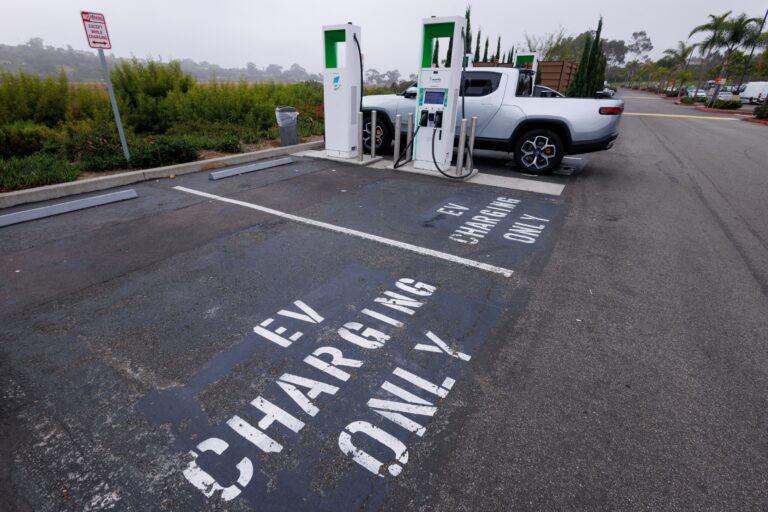The U.S. House of Representatives voted on Thursday to block California’s plan to end the sale of gasoline-only vehicles by 2035, a move that has been adopted by 11 other states. The House backed legislation to repeal a waiver granted by the U.S. Environmental Protection Agency (EPA) under former President Joe Biden in December, allowing California to mandate at least 80% electric vehicles by 2035.
Major automakers, including General Motors, Toyota, Volkswagen, and Hyundai, had urged the action, saying the rules are not feasible. The Alliance for Automotive Innovation, representing these major automakers, warned that the regulations could force car companies to “substantially reduce the number of overall vehicles for sale to inflate their proportion of electric vehicles sales.”
California’s Response
California Governor Gavin Newsom said the program reduces pollution and is critical to competing with China on EVs. “Big polluters and the right-wing propaganda machine have succeeded in buying off the Republican Party,” Newsom said. The California Air Resources Board rules have been adopted by another 11 states, including New York, Massachusetts, and Oregon, accounting for about 40% of the U.S. auto market.
Implications of the Vote
The U.S. House separately voted on Wednesday to rescind the EPA’s 2023 approval of California’s plans to require a rising number of zero-emission heavy-duty trucks. One issue remains whether Congress has the power to revoke any of the waivers using the Congressional Review Act. California’s rules require 35% of light-duty vehicles in the 2026 model year to be zero-emission models, a target automakers say is impossible given current EV sales.

The dispute highlights the tension between environmental regulations and the automotive industry’s capabilities. The U.S. Transportation Department is separately moving to undo aggressive fuel economy rules adopted by Biden.



